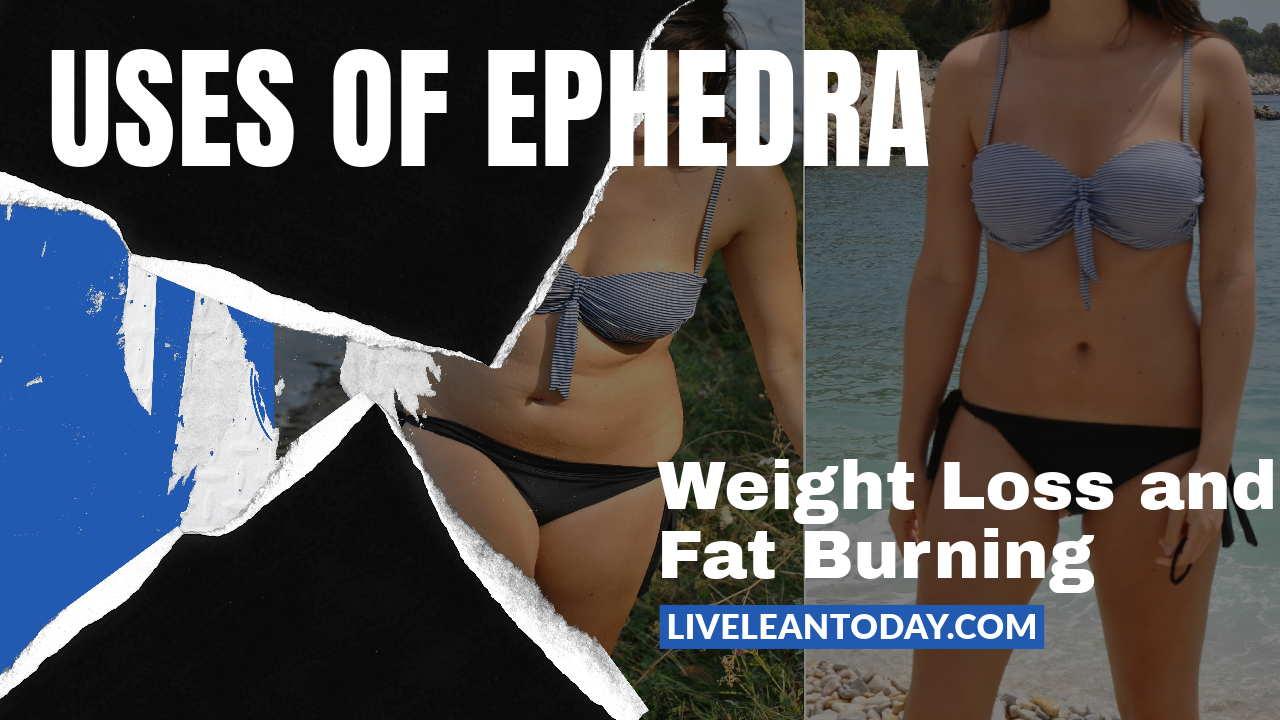Lipodrene with Ephedra is a popular weight loss and energy enhancement supplement that has gained significant attention in the market. It claims to help promote weight loss and provide extreme energy, making it a sought-after product for individuals looking to achieve their desired body weight. However, before considering the use of Lipodrene with Ephedra, it is crucial to understand its regulatory status and safety profile. In this article, we will explore the FDA approval process for dietary supplements, examine the regulations surrounding ephedra-containing products, and discuss the safety concerns associated with Lipodrene with Ephedra.
The FDA Approval Process for Dietary Supplements
The Food and Drug Administration (FDA) plays a vital role in ensuring the safety and effectiveness of various products, including dietary supplements. However, it is important to note that the FDA does not approve dietary supplements in the same way it approves drugs. The regulatory framework for dietary supplements is outlined in the Dietary Supplement Health and Education Act (DSHEA) of 1994.
Under DSHEA, dietary supplements are defined as products intended to supplement the diet and contain one or more dietary ingredients, such as vitamins, minerals, herbs, or other botanicals. Unlike drugs, which require FDA approval before they can be marketed, dietary supplements can be sold without prior approval from the FDA. However, manufacturers are responsible for ensuring the safety and labeling compliance of their products.

Ephedra and the FDA
Ephedra, a plant-derived substance that contains ephedrine alkaloids, has been a subject of regulatory scrutiny due to safety concerns. Ephedrine alkaloids, including ephedrine and pseudoephedrine, have stimulant effects and can increase heart rate and blood pressure. In response to reports of adverse events associated with ephedra-containing products, the FDA took regulatory action.
On February 11, 2004, the FDA published a final rule declaring dietary supplements containing ephedrine alkaloids adulterated under the Federal Food, Drug, and Cosmetic Act. This ruling was based on the determination that ephedra-containing products presented an unreasonable risk of illness or injury under the recommended conditions of use or under ordinary conditions of use when no specific recommendations were provided in the labeling.
Lipodrene at Discount Prices

Live Lean Today offers Lipodrene at massive discounts. Find the lowest prices online and free shipping. That is not all as Lipodrene is in stock and orders ship the same day.
The Case of Lipodrene with Ephedra
Lipodrene with Ephedra, produced by Hi-Tech Pharmaceuticals Inc., is one of the well-known ephedra-containing weight loss supplements in the market. However, it is important to note that Lipodrene with Ephedra is not FDA approved. The FDA’s regulation on ephedra-containing products applies to Lipodrene with Ephedra as well, considering its ephedrine alkaloid content.
After the prohibition of ephedra alkaloids, Hi-Tech Pharmaceuticals introduced a new version of Lipodrene featuring a lawful variant of ephedra. In 2007, the Drug Enforcement Agency (DEA) confiscated this reformulated Lipodrene. The revised product included ephedra extract. On May 24, 2007, the DEA returned 8,640 bottles of Lipodrene that contained 25mg of ephedra extract. The DEA determined that this updated formula did not fall under the ephedra alkaloid ban and did not meet the criteria for diversion for illegal drug use as per DEA regulations. This event established a precedent allowing for the production and sale of legal ephedra diet pills in the coming years.
Ephedra Shopping Guide

Live Lean Today has made it easy for you to buy ephedra. Checkout the most complete and up to date review on top ephedra diet pills, pre-workout supplements, and energy shots.
Safety Concerns and Adverse Effects
The FDA has warned that ephedrine alkaloids, including those found in Lipodrene with Ephedra, can narrow blood vessels and arteries, leading to an increase in blood pressure and other cardiovascular problems. Adverse effects associated with ephedrine alkaloids include shortness of breath, arrhythmias, elevated blood pressure, tightening in the chest, and even heart attacks. These risks highlight the potential dangers of using ephedra-containing products like Lipodrene with Ephedra.
Research has investigated the safety and adverse effects of ephedra extract. A pivotal study focuses on the safety profile of a newly developed Ephedrine alkaloids-free Ephedra Herb extract (EFE) compared to the traditional Ephedra Herb extract (EHE), often utilized in Traditional Japanese Medicine (Kampo) formulations.
Ephedra Herb, known for its significant pharmacological effects, primarily due to ephedrine and pseudoephedrine, sometimes induces adverse effects. However, recent findings indicate that some therapeutic benefits of Ephedra Herb are independent of these alkaloids. This double-blinded, randomized clinical trial involving twelve healthy male subjects aims to verify the noninferiority of EFE’s safety compared to EHE.
Key Features:
- Innovative Formulation: EFE is a novel extract free from ephedrine alkaloids, offering analgesic, anti-influenza, and antimetastatic effects.
- Rigorous Testing: Conducted as a single-institution, two-stage crossover study to ensure comprehensive safety evaluation.
- Minimal Adverse Effects: The study recorded eleven mild adverse events with no significant differences between EHE and EFE administrations. Notably, EHE had 8 events while EFE had just 3.
Benefits:
- Enhanced Safety Profile: With fewer cases of increased pulse rate and insomnia compared to EHE, EFE demonstrates a favorable safety margin.
- Validated Efficacy: Provides similar therapeutic benefits without relying on ephedrine or pseudoephedrine.
- Traditional Wisdom Meets Modern Science: Integrates age-old Kampo practices with contemporary clinical research for holistic health solutions.
Recall of Lipodrene with Ephedra
In May 2021, Hi-Tech Pharmaceuticals Inc. issued a voluntary recall of Lipodrene with Ephedra due to the presence of 1,4-dimethylamylamine (DMAA), a substance that is considered dangerous by the FDA. DMAA can narrow blood vessels and arteries, leading to an increase in blood pressure and other cardiovascular problems. The recall was initiated after FDA analysis detected the presence of DMAA in one lot of Lipodrene with Ephedra.
Customers who have purchased Lipodrene Lot #001211197 were advised to stop using the product immediately and return it to the place of purchase for a full refund. Retailers were instructed to remove the affected product from their shelves and return it to Hi-Tech Pharmaceuticals Inc. Wholesalers and distributors were also urged to inform their customers about the recall and facilitate the return of any remaining product.
Ensuring Safety and Compliance
The safety concerns and recall of Lipodrene with Ephedra highlight the importance of consumer awareness and adherence to FDA regulations. It is crucial to carefully evaluate the ingredients and regulatory status of dietary supplements before use. Consulting with a healthcare professional can provide valuable guidance and ensure that the chosen supplements are safe and appropriate for individual needs.
Conclusion
In conclusion, Lipodrene with Ephedra is not FDA approved, and its regulatory status is subject to the FDA’s ruling on ephedra-containing products. The FDA has raised concerns about the safety of ephedrine alkaloids, which are present in Lipodrene with Ephedra and can pose significant risks to cardiovascular health. The recent recall of Lipodrene with Ephedra due to the presence of DMAA further underscores the importance of consumer vigilance and adherence to FDA regulations. It is crucial to prioritize safety and consult healthcare professionals when considering the use of dietary supplements like Lipodrene with Ephedra.
References
Small Entity Compliance Guide: Final Rule Declaring Dietary Supplements Containing Ephedrine Alkaloids Adulterated Because They Present an Unreasonable Risk https://www.fda.gov/regulatory-information/search-fda-guidance-documents/small-entity-compliance-guide-final-rule-declaring-dietary-supplements-containing-ephedrine
Hi Tech Pharmaceuticals Issues Voluntary Recall on Lipodrene w/25mg Ephedra Extract Dietary Supplement Due to the Presence of 1,4-dimethylamylamine (DMAA) https://www.fda.gov/safety/recalls-market-withdrawals-safety-alerts/hi-tech-pharmaceuticals-issues-voluntary-recall-lipodrene-w25mg-ephedra-extract-dietary-supplement
A Double-Blind, Randomized, Crossover Comparative Study for Evaluating the Clinical Safety of Ephedrine Alkaloids-Free Ephedra Herb Extract (EFE) Volume 2018 | Article ID 4625358 | https://doi.org/10.1155/2018/4625358







